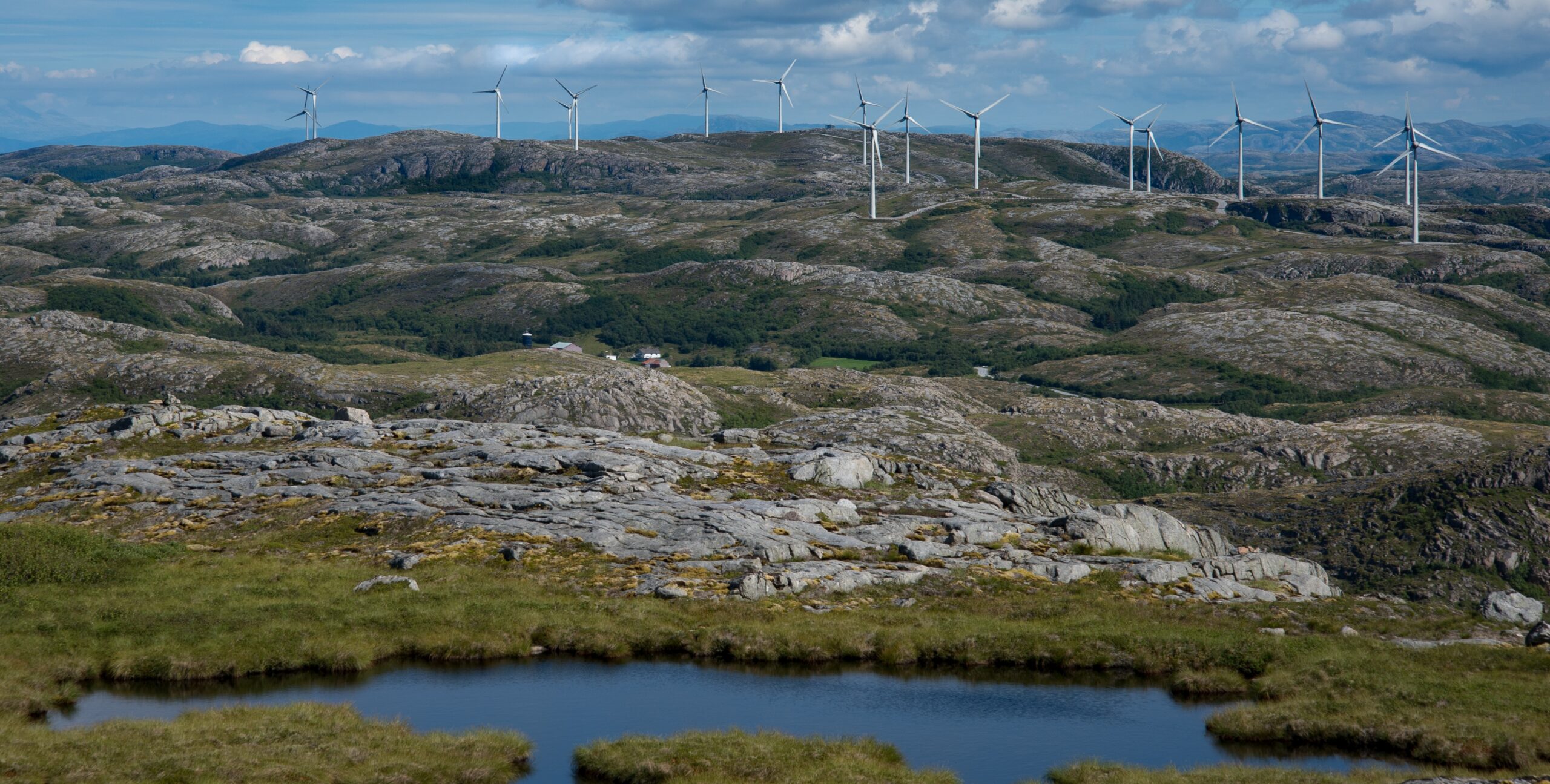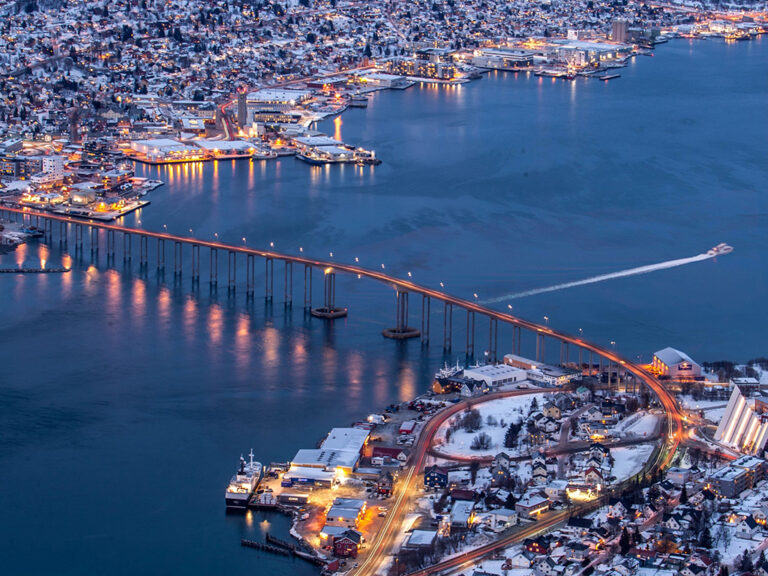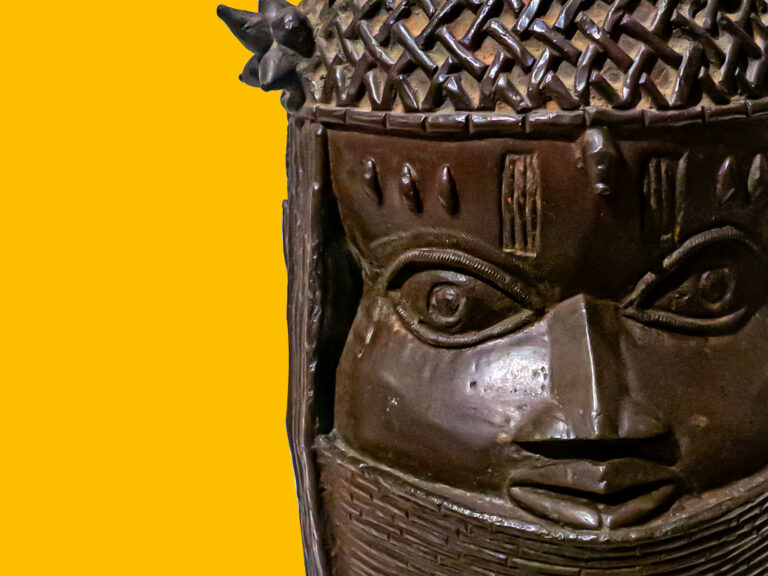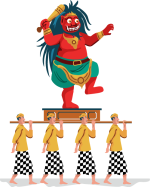Gothenburg, Sweden (TP)
The Sámi people, an indigenous group in Northern Fennoscandia, are at the forefront of witnessing the drive for green energy in Europe, often being forced to lose access to their livelihood, land and traditions.
Around the continent, wind power is presented as a solution that can pave the way for a sustainable future, with programmes such as the European Green New Deal encouraging governments to grow their renewable energy production by offering subsidies and loosening regulations.
Many of these wind power projects in Sápmi have been condemned by the UN and called to be suspended by the Sámi, national nature conservation agencies (such as WWF) and local politicians.
A bad deal for reindeers
In 2016, Øyfjellet Wind AS, which is managed by a German energy company Aquila Capital, was granted a license to build a wind farm that consists of 72 wind turbines in an area of 40 square kilometres in Jillen-Njaarke. The indigenous Sámi have now taken legal action against the Øyfjellet wind farm, which threatens their traditional livelihood.
They never gave their consent to the project, yet the construction work of the wind farm still began in December 2019 and completion is expected towards the end of this year.
Reindeer herding remains as one of the most important trades for the Sámi, who says it would affect the migration routes of the animals and its construction is a violation of their indigenous rights.
Øyfjellet Wind AS was supposed to reach an agreement with the indigenous people about the area before the construction of the site started, but this promise was never fulfilled.
‘This verdict shows that human rights conventions in Norwegian law do not protect us Saami’

Arvid Jama
Reindeer herder
Research has shown that wind farms drastically disrupt reindeer herding, as the animals want to avoid the noise and shape of the wind turbines, making them graze far from these propellers. This is an additional source of distress to the Sámi herders, who are already facing the effects of the Climate Crisis harder than many other people.
Last June the Frostating Court of Appeal agreed that a third of the Sámi communities’ winter pastures will be destroyed by the construction and ordered 89 million krones ($9.4m) to be paid in compensation. This verdict showcases how increasingly difficult it is to prove that wind energy projects need to be halted to ensure the survival of the Sámi culture.
Wind power which is often seen as great, green energy without faults – but it should not be built at the cost of the Sámi rights, nature or value of landscapes.
‘This verdict shows that human rights conventions in Norwegian law do not protect us Saami,’ Arvid Jama, a reindeer herder from the affected Sámi reindeer herding community, told Al Jazeera in August.
Continuing Green Colonialism
Speaking at a panel on Indigenous self-governance in 2018, Aili Keskitalo, president of the Sámi Parliament said: ‘I’d like to speak about the paradox of green colonialism, when colonialism has dressed up in nice, green finery and we are told that we have to give up our territories and our livelihoods to save the world because of climate change.’
‘The Davvi wind power plant and related industrial projects would jeopardize the future of reindeer-herding, Sámi culture and Sámi language’

Aslak Holmberg
Vice President of the Sámi Council
Similarly to Øyfjellet Wind AS, there is an ongoing opposition for Davvi wind farm, built by the energy company St1, which would be located in Rastigaisa fell area in Northern Norway. Rastigaisa is one of Europe’s last unbuilt fell areas, and a wind farm would effectively destroy its nature with the wide road network, powerlines and the actual wind power plant.
‘The Davvi wind power plant and related industrial projects would jeopardize the future of reindeer-herding, Sámi culture and Sámi language in the Rastigaisa area because the net jobs are expected to decline at the expense of existing jobs in reindeer herding,’ the Vice President of the Sámi Council Aslak Holmberg said.
The Sámi are a recognised indigenous group from Fennoscandia. Their ancestral land, known as Sápmi, stretches across parts of Norway, Sweden, Finland and Russia.
Historically, most Sámi people have made their livelihoods from fishing and reindeer herding. Only about one tenth of Sami in Norway are still involved in herding full-time, but the practice remains important to Sámi culture and is protected under Norwegian law.














